Course Title : Digital Libraries
Course degree : Bachelor degree in Library and Information Science or in any field
Faculty : Faculty of Social and Political Sciences
Number of Credits : 2 credits
Tuition Fee : Rp 1.000.000,-/credit
Class code : SPSIP 6272
Eligibility : Undergraduates international students (foreign students)
Contact : Dr. Silverius Djuni Prihatin, M.Si. (Djuni-str@ugm.ac.id)
About this course
This course explores both the theory and practice of digital libraries in academic, research, community, government, and other settings. This course studies the development of Information Technology for Digital Libraries. It discusses various types of digital data supporting the digital environment. The course also explores the concept of computer networks that form the basis of the Internet. It also particularly discusses the addressing system on the Internet when dealing with digital concepts. Particularly for digital libraries, the course discusses how to design a digital library site on the Internet, and various kinds of library sites on the Internet. To support the digital environment, the course focuses on Digital
Library Information System programs including digital preservation.

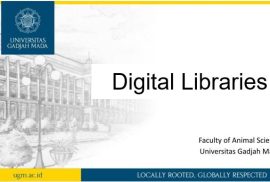
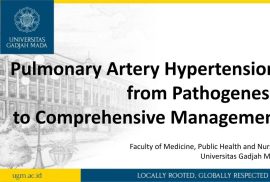
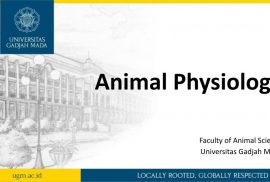


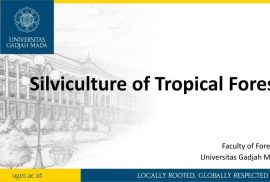


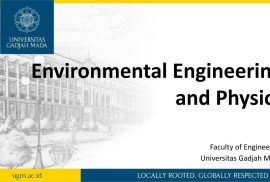

Recent Comments